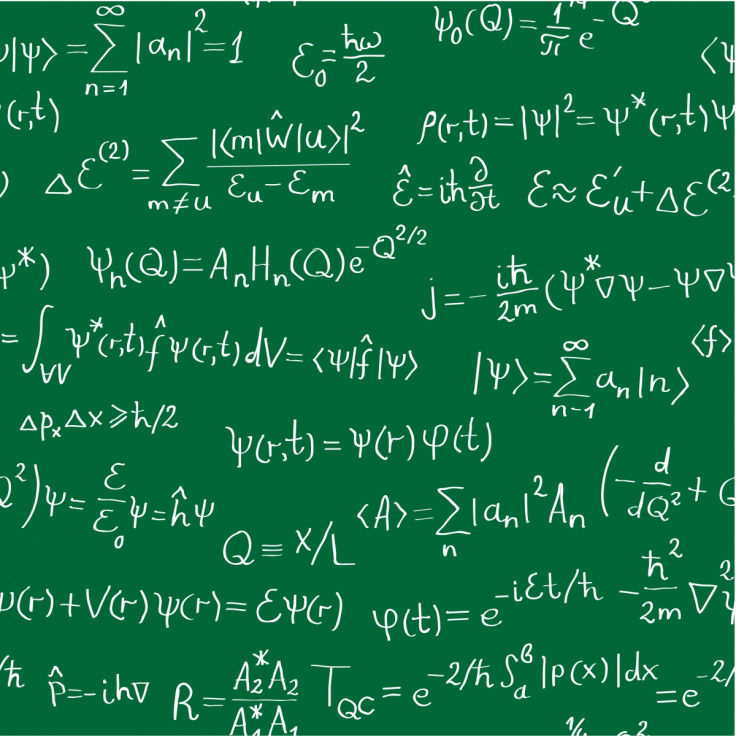Physics: Could humans have reached the end of the line for scientific knowledge? Scientists think so

Physicists have begun thinking far deeper about our universe, and what we may not understand. They are worried that humans will soon be reaching the limit for knowledge for the first time in the history of science.
Harry Cliff, particle physicist for CERN (the European Organisation for Nuclear Research), spoke in Geneva during a TED talk. He claimed that physics forbids our scientific knowledge beyond a certain point, highlighted by what he calls the two most dangerous numbers in the universe; the strength of the Higgs field, and the strength of dark energy.
"We may be entering a new era in physics," said Cliff. "An era where there are weird features in the universe that we cannot explain. An era where we have hints that we live in a multiverse that lies frustratingly beyond our reach. An era where we will never be able to answer the question why is there something rather than nothing."
He uses two examples to back up his theory. Both examples are 'numbers'; values for scientific principles, which according to calculations and theories, should be something entirely different.
Higgs field
Firstly, the Higgs field is an energy field that adds mass to particles as they go through it. These particles become bigger to form electrons, protons and neutrons. Eventually, they grow and form shapes, making everything that we have come to know.
However, physicists are confused as to how the Higgs field manages to work in the way that it does. Cliff believes its strength defies the law of physics, as it should be in either one of two states – on or off.
"In reality, the Higgs field is just slightly on," said Cliff. "It's not zero, but it's ten trillion times weaker than its fully on value – a bit like a light switch that got stuck just before the 'off' position. If it were a tiny bit different, then there would be no physical structure in the universe."
Dark energy
Cliff's second example is the strength of dark energy – the energy of empty space itself (energy of a vacuum). Seeing as that is the best description of dark energy scientists can come up with, all of the empty space in the universe should add up to the total strength of dark energy. That is not the case.
"Dark energy should be 10^120 times stronger than the value we observe from astronomy," said Cliff. "This number is bigger than any number in astronomy – it's a thousand trillion trillion trillion times bigger than the number of atoms in the universe."
That said, it is to our benefit that it does not make sense. If the strength of dark energy actually was the strength it was supposed to be, the entire universe would be instantly ripped apart – like watching a ball of paper curl up and burn in a fireplace.
Cliff believes physicists hopes lie on the Large Hadron Collider at CERN to answer some of these questions. It is expected to shut down around three years for upgrades though, and Cliff believes if the questions remain unanswered at that point, we may have reached a point in physics where we cannot go any further.
© Copyright IBTimes 2025. All rights reserved.






















